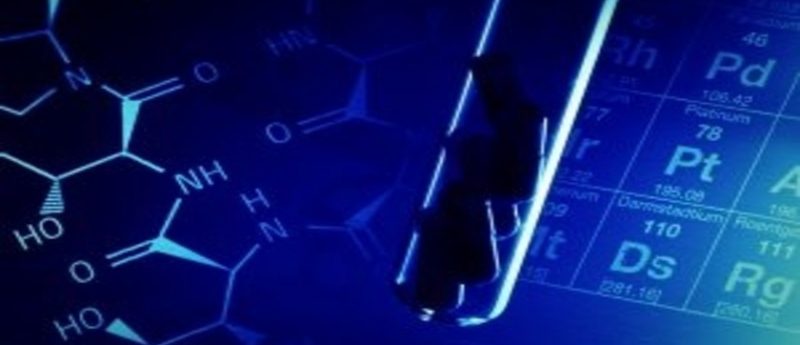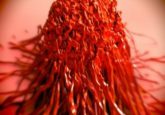Malaria drug could provide cheap treatment for colorectal cancer patients

Medical experts from St George’s, University of London (London, UK) have discovered that the commonly used antimalarial drug, termed artesunate, could also substantially reduce the multiplication of tumor cells in colorectal cancer (CRC) patients. This research, published recently in EBioMedicine, hints towards a potential low-cost alternative to current expensive treatments in the form of chemotherapy.
Colorectal cancer constitutes approximately 10% of the 746,000 and 614,000 annual global cancer cases in men and women, respectively. Even after treatment, disease-free or overall survival for individuals with CRC does not increase beyond 60%, 5 years after diagnosis.
Sanjeev Krishna (St George’s, University of London), who jointly led the study, commented: “There is therefore a continuing and urgent need to develop new, cheap, orally effective and safe colorectal cancer treatments.” He added: “Our approach in this study was to take a close look at an existing drug that already had some anticancer properties in experimental settings, and to assess its safety and efficacy in patients.”
The randomized, double-blind study examined a group of patients who were prescribed either artesunate or a placebo. The team discovered that artesunate notably reduced the proliferation of cancerous cells in CRC patients who were already scheduled for surgical removal of their cancer.
At 42 months subsequent to surgery, there were six recurrences of cancer in the placebo group (12 patients) and one recurrence in the artesunate group (ten patients). Survival beyond 2 years was estimated at 91% and 57% in the artesunate and placebo groups, respectively.
Given the restricted access globally to more advanced treatments due to their associated expense, these results provide hope for the development of effective treatments that are more affordable in the future.
Devinder Kumar (St George’s, University of London), the other lead on the project, commented: “Larger clinical studies with artesunate that aim to provide well tolerated and convenient anticancer regimens should be implemented with urgency, and may provide an intervention where none is currently available, as well as synergistic benefits with current treatment regimens.”
Although the anticancer properties of artemisinins have been identified previously, this is the first time their effect has been exhibited in patients in a rigorously designed study.




